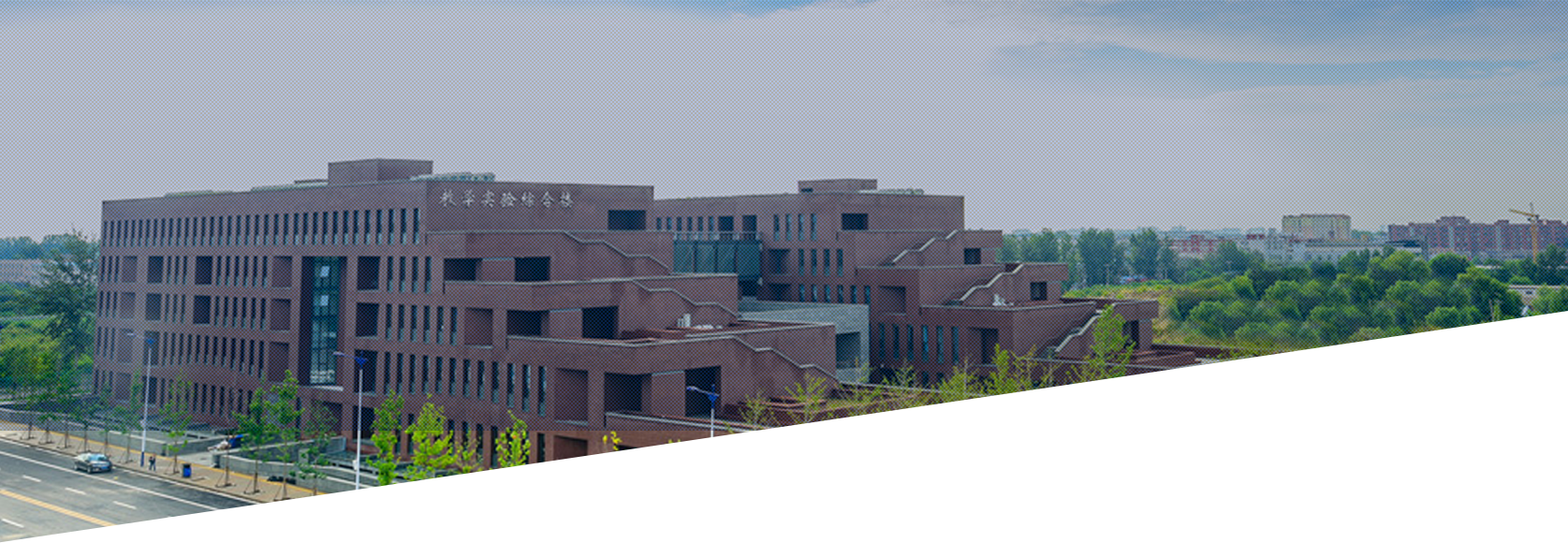Abstract:
Deep learning is getting super hot in both academia and industry nowadays. It has achieved significant success in speech recognition, computer vision, and natural language processing, and quickly becomes one of the most sought-after fields in computer science and electrical engineering. But why is deep learning able to achieve unprecedented performance? One possible reason identified is flattening of manifold-shaped data in higher layers of neural networks. However, it is not clear how to measure flattening of manifold-shaped data and what degree of flattening a deep neural network can achieve. In this talk, I will present quantitative evidence to validate this flattening hypothesis. Specifically, I will present three quantities for measuring manifold entanglement and show experiment results with both synthetic data and real-world data. Our experimental results validate the flattening hypothesis and lead to new insights on deep learning and design of better deep learning algorithms for big data applications.
Bio:
Dapeng Oliver Wu received Ph.D. in Electrical and Computer Engineering from Carnegie Mellon University, Pittsburgh, PA, in 2003. Since 2003, he has been on the faculty of Electrical and Computer Engineering Department at University of Florida, Gainesville, FL, where he is currently Professor. His research interests are in the areas of networking, communications, video coding, image processing, computer vision, signal processing, and machine learning.
He received University of Florida Term Professorship Award in 2017, University of Florida Research Foundation Professorship Award in 2009, AFOSR Young Investigator Program (YIP) Award in 2009, ONR Young Investigator Program (YIP) Award in 2008, NSF CAREER award in 2007, the IEEE Circuits and Systems for Video Technology (CSVT) Transactions Best Paper Award for Year 2001, the Best Paper Award in GLOBECOM 2011, and the Best Paper Award in QShine 2006. Currently, he serves as Editor-in-Chief of IEEE Transactions on Network Science and Engineering, and Associate Editor of IEEE Transactions on Communications, IEEE Transactions on Signal and Information Processing over Networks, and IEEE Signal Processing Magazine. He was the founding Editor-in-Chief of Journal of Advances in Multimedia between 2006 and 2008, and an Associate Editor for IEEE Transactions on Circuits and Systems for Video Technology, IEEE Transactions on Wireless Communications and IEEE Transactions on Vehicular Technology. He has served as Technical Program Committee (TPC) Chair for IEEE INFOCOM 2012. He was elected as a Distinguished Lecturer by IEEE Vehicular Technology Society in 2018. He is an IEEE Fellow.
此讲座为前沿讲座,望广大师生积极参加。

